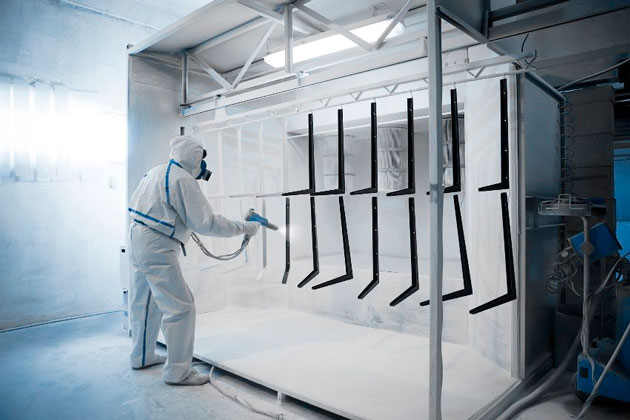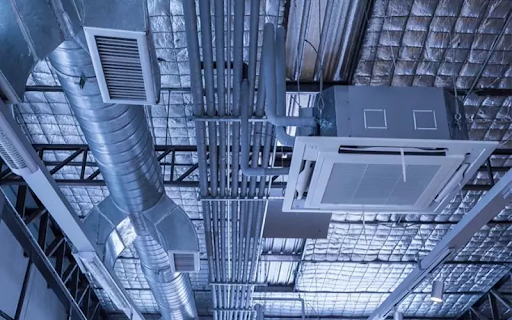Content:
- Air filters for medical facilities.
- Degrees of safety of cleaners.
- Why HEPA filters.
- Types of HEPA cleaners.
Strict hygiene criteria and national standards require the installation of a sophisticated three-stage ventilation system in medical facilities. It requires air filters with different protection classes to ensure complete sterility of the indoor atmosphere. For final cleaning, experts recommend HEPA filters to guarantee complete safety of patients from pathogenic air contaminants.

Air filters for medical facilities
All medical facilities are subject to quite strict requirements. Including ventilation systems, because clean air is an important factor in influencing people’s health. Medical filters must comply with all state regulations and sanitary standards. Not all traditional air filtration systems are able to provide the required degree of dust removal. Specialists recommend using HEPA filters for medical facilities, which guarantee the level of air filtration according to the requirements.
Degrees of safety of cleaners
For medical rooms, a three-stage air filtration system is installed, which consists of conventional and carbon filters capable of capturing medium-sized particles and HEPA filters to maximize the removal of dangerous impurities and microorganisms. According to the degree of protection differentiate between:
- G1, G2, G3, G4 – detain coarse fractions;
- F5, F6, F7, F8, F9 – capture medium-sized dust, plant pollen, soot, small fibers, etc;
- HEPA – H10, H11, H12, H13, H14 – remove fine contaminants from the air and bacteria.
Regardless of the design of the ventilation system choose filters of the three types, which guarantee almost complete sterility of the premises. If you are conscientious about maintaining proper sanitary and hygienic regime in the institution, filters will work effectively for a long time. A comfortable system of setting and control of the ventilation system, proper installation of filters and their quality guarantee the health of patients and medical staff.
Why HEPA filters
Air can be polluted by solid dust particles, microdroplets of moisture, various microbes, fungal and plant spores, which are able to multiply and grow in a suitable environment. They are especially dangerous in medical rooms, where they can enter open wounds and cause great danger to the lives of sick people. Therefore, air filters for medical facilities must capture the smallest particles from the air. HEPA purifiers are made of a fine fiber network that traps objects as small as 0.3 microns. Depending on the filter class, this allows 85% to 99.995% of harmful impurities in the air to be captured.
Types of HEPA cleaners
HEPA filters of three types are commonly used for medical clean room ventilation systems:
- compact;
- panel fiberglass aerosol cleaners in a metal frame, which are not removable and are mounted with a seal;
- HOT HEPA FILTER – a special germicidal design for laboratories and operating rooms that can withstand heat of 150-400⁰.
Combined with F7, F9 and carbon chepo filters, HEPA purifiers provide 100% contaminant removal.
Quality filters for medical facilities can be purchased in many specialized showrooms and online stores in our country. In these establishments you can consult with specialists about the compliance of components with the existing ventilation system and order the delivery of filters to the address of the buyer.




